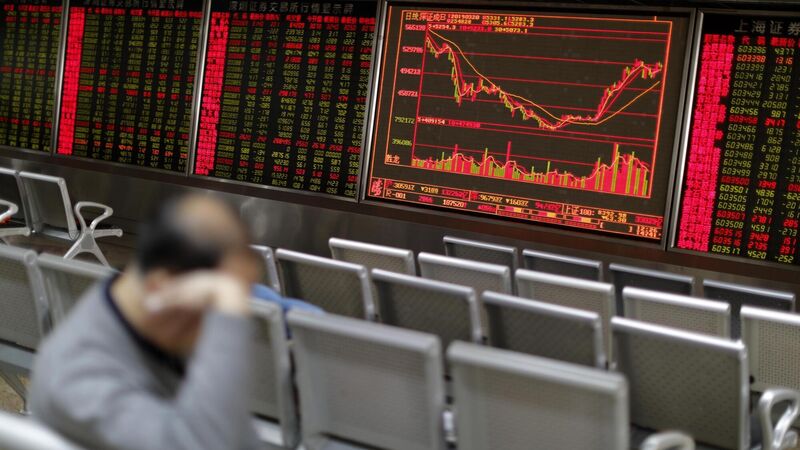Peter Brown: Worst year for investors in a generation

This year we have the devil's cocktail of falling stocks and rising interest rates.
The year just gone has possibly been one of the worst for investors in a generation.
It has been a bad year for stocks, that is clear to everybody, with losses right across the board, and we have seen extreme declines in some cases, especially the tech sector.















